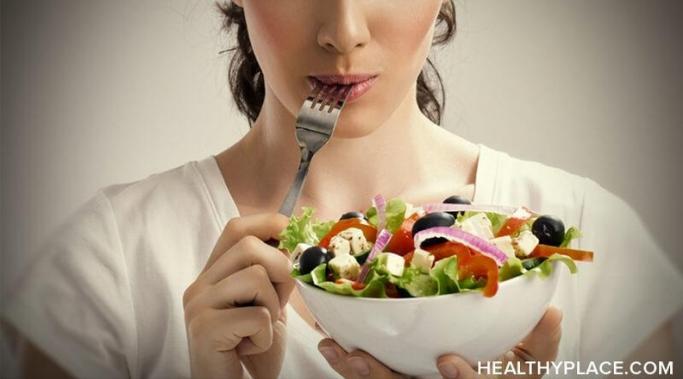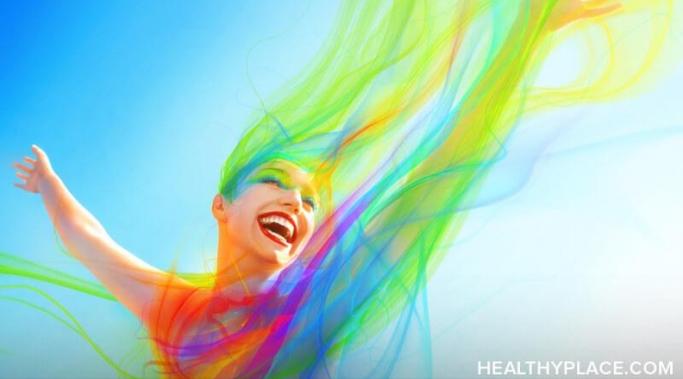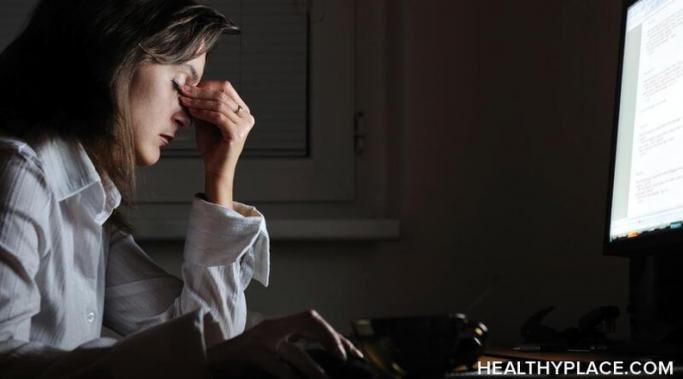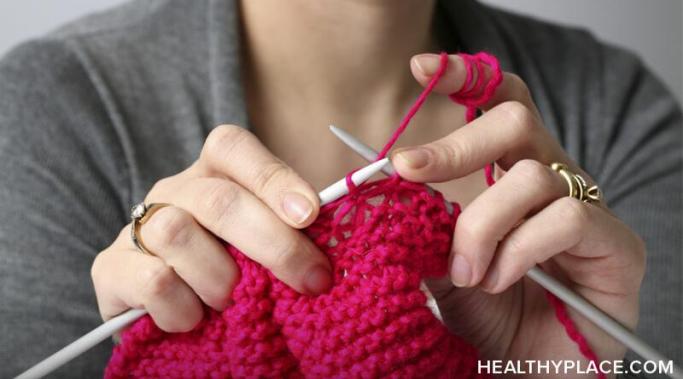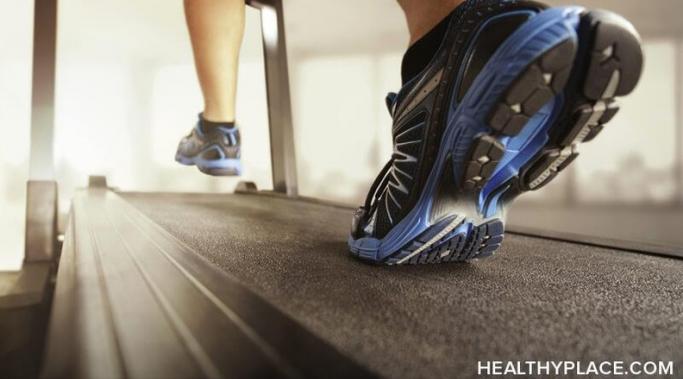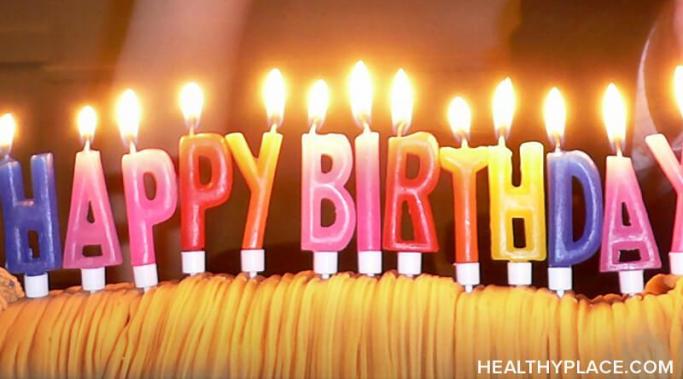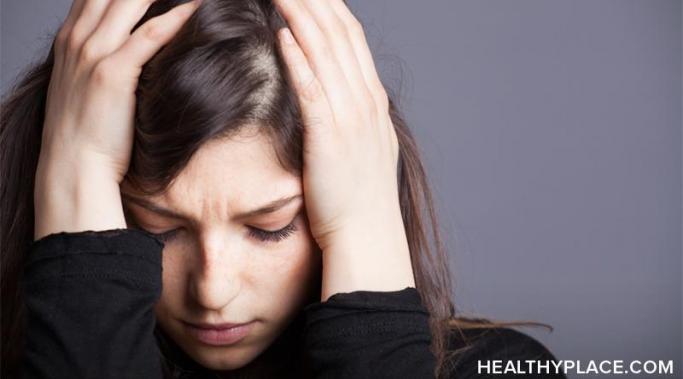Intermittent fasting involves using short periods of fasting followed by shorter periods of eating to help your body lose fat, gain muscle, and balance hormones— but is intermittent fasting safe for people in eating disorder recovery? Five years ago I tried it, and the outcome of this experience was lifechanging.
About Surviving ED Authors
Ever wonder what long-term eating disorder recovery looks like? Eleven years ago, I could never have imagined what my life would look like now. I assumed based on what everyone was saying that it would be better, but the day-to-day nuances of existence were beyond me. These details were so beyond me, in fact, that it was often hard for me to focus on the short-term goals I set for myself in my recovery. Goals like making time for mindfulness, getting more sleep, getting outside, deep breathing, and paring down my negative self-talk would be crushed under the weight of what the unknown future held.
Trying new foods and eating disorder recovery went hand and hand for me. For years, my eating disorder had me believing that there were only a handful of foods that were good and the rest I needed to avoid like the plague or I'd gain weight. However, this thinking was holding back my recovery.
I've had a home office for over a decade--long before it became a forced norm of the COVID-19 pandemic--and during this time, I noticed how working from home affected my eating disorder recovery. It wasn't a smooth road, but with a few strategies, I learned how to support my eating disorder (ED) recovery with healthy habits.
A change of perspective can do wonders to change your mindset, and this is why, when my destructive thoughts get to be too much, I go to nature to support my eating disorder recovery.
While I fully believe we need to be connected to ourselves to heal, I also believe that as a coping strategy, distraction in eating disorder recovery works wonderfully. I have been using distraction to help me get through some of the worst parts of recovery with great success, and in this blog post, I'm going to tell you how.
I don't think plus-size Barbie dolls promote positive body image. I have two daughters under eight years old, at least a half-dozen plus-size Barbies in my home, and I fail to see how these dolls showcase a plus-size body—which as far as I can tell, was the point in making them.
Exercise can be a great tool to help you through eating disorder recovery, but my experience has shown me the thin, blurry line between healthy exercise and over-exercise in eating disorder recovery. In recent weeks, the COVID-19 pandemic and my mental health fall-out has revealed just how much of my self-worth has been wrapped up in my workouts. It was a sobering realization and one I vowed to change.
Celebrating your birthday in eating disorder recovery can be challenging. So many celebrations in life are riddled with expectations, and for those of us in any sort of recovery, the weight of these expectations can feel crippling.
No one wants a mental health emergency at any time, but having a mental health emergency during the COVID-19 pandemic showed me how neither I nor the emergency room hospital staff was prepared to deal with a mental health crisis in this unsettling--and downright terrifying--time.
